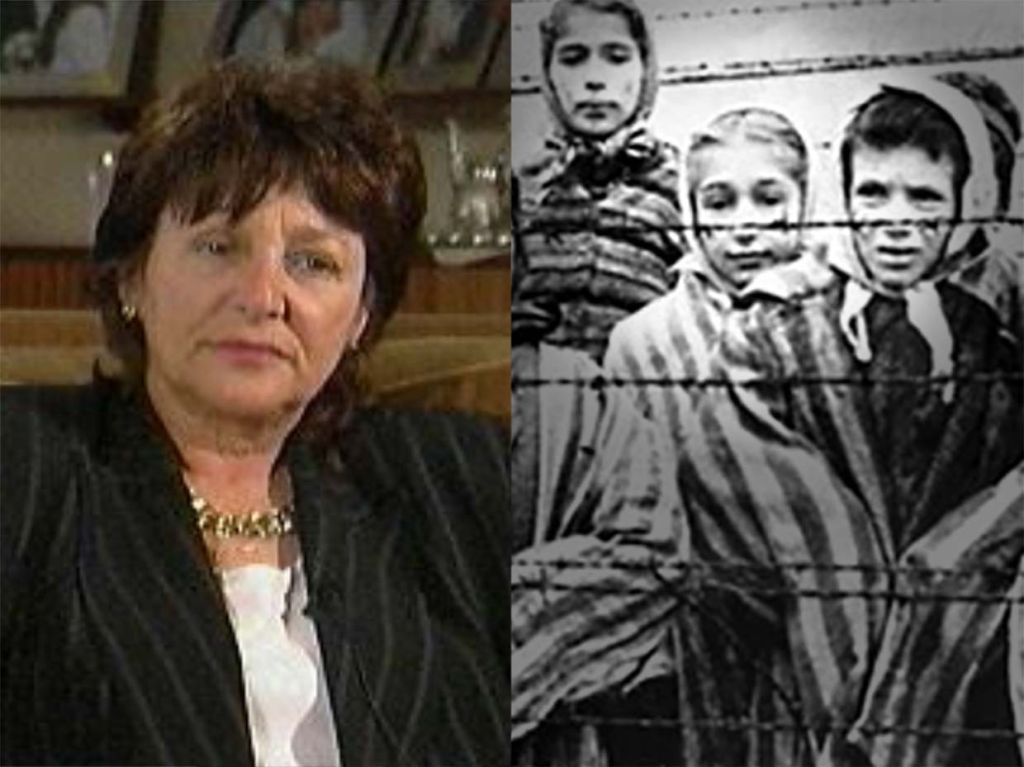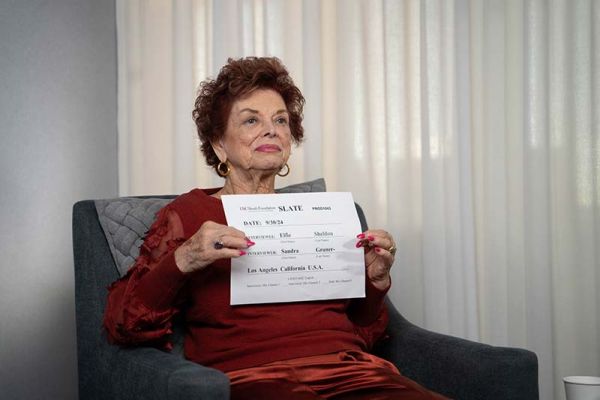Over twenty years ago, the United Nations established International Holocaust Remembrance Day to commemorate the six million Jewish victims of the Holocaust and millions of other victims of the Nazis. Held annually on January 27 – the date in 1945 that Allied Forces liberated Auschwitz-Birkenau death camp – the day focuses international attention on promoting Holocaust remembrance, education, and awareness worldwide.
To commemorate International Holocaust Remembrance Day, countries around the world host various activities, such as lectures or films, candle-lighting ceremonies, and reading the names of victims. Since 2010, specific themes have been designated for each year’s commemoration activities, ranging from “Children and the Holocaust,” to “Holocaust Remembrance and Education,” to “Memory, Dignity, and Justice.” The theme for 2026 is “Holocaust Remembrance for Dignity and Human Rights.”
“Today, we are confronted again with the need to remind the world that antisemitism did not begin or end with the Holocaust. In an era of resurgent antisemitism – when Jewish communities have been subject to scorn, aggression, and murderous violence – we are ready to meet this moment with the urgency and expertise it demands. Ensuring the permanence of Holocaust memory and combating antisemitism requires international cooperation and partnerships. To build and strengthen our global alliances, our leadership team and key supporters travel worldwide to witness past atrocities and understand current trends."
— Dr. Robert J. Williams, CEO and Finci-Viterbi Chair, USC Shoah Foundation
As we mark eight decades since the liberation of Auschwitz-Birkenau, the imperative to preserve Holocaust memory intersects with urgent contemporary challenges. Through leadership in international bodies and partnerships, the USC Shoah Foundation works across borders to safeguard the historical record, strengthen Holocaust education and scholarship, and stem the rising tide of antisemitism.
More than eighty years after the end of one of the worst atrocities committed by humankind, the world is entering a new era of Holocaust remembrance, one where first-hand accounts are growing ever more sparse. With international collaboration and commitment, we can work toward building a future that rejects genocide, antisemitism, hatred, and dehumanization of any kind.
Special DC Premiere of AMONG NEIGHBORS
March 30, 2026

Child Survivor in Iconic Auschwitz Photo Focused on Educating Young People
As early as the 1970s, Marta began sharing her story of survival with school groups in Australia, where she lived, and after moving to Israel, she volunteered at Yad Vashem - The World Holocaust Remembrance Center in Jerusalem.

Defying Horrors of Teenage Years in Auschwitz
Joshua Kaufman survived Auschwitz and was liberated at Dachau Concentration Camp at the age of 17, and was later recognized at the 2019 State of the Union address in Washington, D.C.

Do you know a Holocaust survivor with a story to tell?
We are recording Holocaust survivor and witness testimonies across the United States and in the Ceci Chan and Lila Sorkin Memory Studio at our headquarters in Los Angeles.
